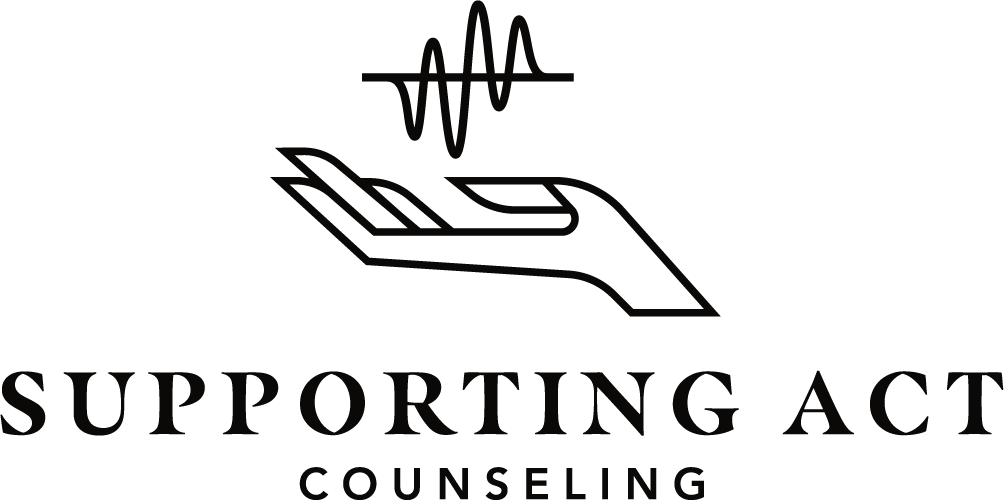Counseling/Life Coaching
Give yourself some credit, you have taken a HUGE step.
Starting counseling, whether you have done it before or not, can be scary. You have probably reached out to others before and have been thinking a lot about this. Know that here you are welcome. You are not judged. You can be you.
Therapeutic Approach & Style
My goal as a therapist and life coach is to help people navigate through difficulties in their lives and relationships while providing a safe place to heal, explore, develop insight, practice healthy coping tools, reduce anxiety, depression, addiction, and integrate and take responsibility for their changes. I facilitate a process where the client is able to move toward healing, self-acceptance, and to ultimately grow and thrive in a supportive environment. While I will meet you each step of the way in your therapy process with accountability, focus, compassion and empathy, a therapist is not a cure all, a parent, a friend, or a miracle worker.
The style of therapy and life coaching at Supporting Act Counseling is collaborative, honest, challenging, and direct with solid boundaries and empathy. I reflect, assist, encourage, and point out incongruent patterns around actions and words. I respect my client’s decisions, and do not advise clients, as I believe that you are the expert in your own life and are fully capable of creating the life that you want with my focused support while you are learning and practicing tools I will be teaching you so that you can move forward toward your life and relationship goals.
I formulate the therapeutic plan collaboratively with my clients based on each client’s needs, their presenting problems, and the goals they wish to achieve. I believe that each client has the potential for healing and change and is responsible for their choices and changes, and for meeting their therapy goals. However, I do not make guarantees for healing. I use a combination of cognitive behavioral therapy, brainspotting, existential therapy, Dialectical Behavior Therapy (DBT), The Sanctuary Model of Care, and client centered therapy with most clients.
Cognitive Behavioral Therapy (CBT) stresses the role of thinking patterns in how we feel and what we do. It is based on the belief that our thoughts, rather than people or outside events, cause our negative feelings. The therapist assists the client in identifying, testing the reality of, and correcting dysfunctional beliefs underlying his or her thinking – uncovering the ‘root to the fruit’ so to speak. The therapist then helps the client modify those thoughts and the behaviors that flow from them.
Brainspotting is a powerful, focused treatment method that works by identifying, processing, and releasing core neurophysiological sources of emotional/body pain, trauma, dissociation, and a variety of other challenging symptoms. Brainspotting gives us a tool, within the clinical relationship, to neurobiologically locate, focus, process, and release experiences and symptoms that are typically out of reach of the conscious mind and its cognitive and language capacity. Brainspotting works with the deep brain and the body through its direct access to the autonomic and limbic systems within the body’s central nervous system.
Existential psychotherapy is based on the philosophical belief that human beings are fully equipped to create one's own meaning, and exercising one's freedom to choose. The existential therapist encourages clients to face life's anxieties and to start making his or her own decisions while reflecting on consequences and moving away from fear based thinking. The therapist will emphasize that along with having the freedom to carve out meaning comes the need to take full responsibility for the consequences of one's decisions.
Dialectical Behavior Therapy (DBT) combines processing and teasing out various unhelpful actions (such as self-harm/cutting/etc.) with mindfulness and other concrete skills to help in areas of emotion regulation, interpersonal effectiveness, and distress tolerance.
Think We Might Be A Good Fit?
Schedule a free 15-minute conversation.
